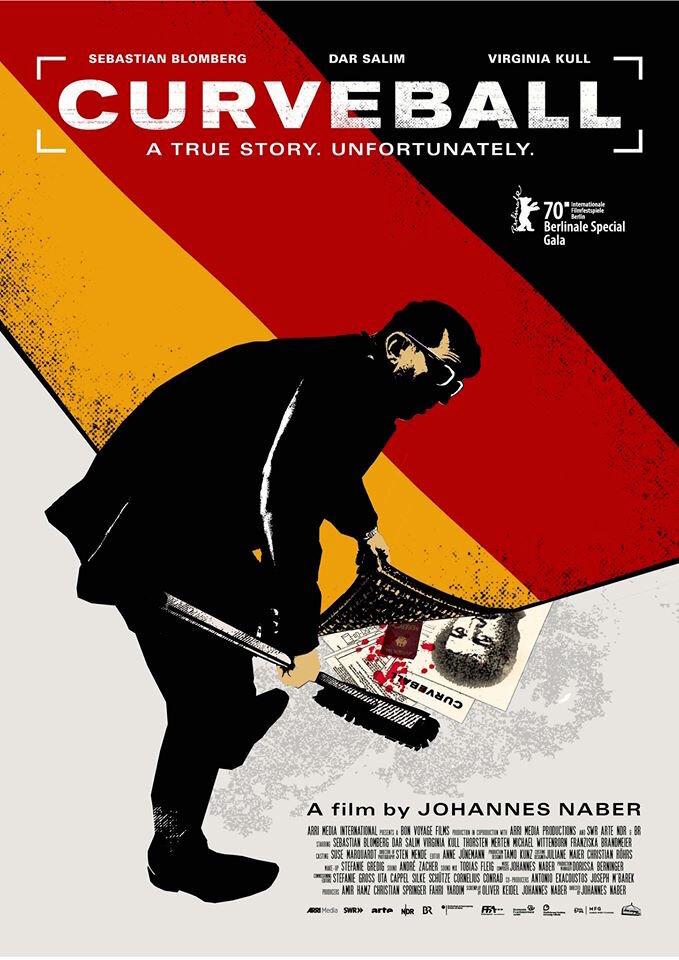Where were you in 1997? Well, that was more than 20 years ago, some may have just been born, others living their day-to-day life and chances are you can’t remember that year at all. I know I can’t. And yet that was the beginning of the end of the Arab world as we know it, and the start of the diplomatic chaos we find ourselves in these days, throughout the globe.
In that year, the UN was in Iraq looking for bioweapons which supposedly Saddam Hussein had produced and used on the Kurds — and fears were he would not be afraid to use on the rest of the world. In fact, even back in 1988 the US State Department published studies such as this one, to highlight Hussein’s use of chemical weapons.
Many years later, and a multitude of films that have retold the events — a personal favorite is ‘Fair Game’ starring Naomi Watts and Sean Penn as the real life CIA agent Valerie Plame and her diplomat husband Joe Wilson — we know, as an audience that those weapons were never found. But it took wars, destructions and the complete unraveling of the Middle East as it stood to come to this conclusion. By the US of A, the UK and their allies.
In his latest film ‘Curveball’, Johannes Naber does what he does best, tell a story inspired by the headlines yet in a narrative and human way. With humor and great insight thrown in.
The film premiered as a Special Gala at this year’s Berlinale and is planned for a German release in the fall of 2020. But as part of an international audience, I truly feel it’s a film that needs to be viewed by everyone.
At the start of Naber’s film the words “A true story…. Unfortunately” appear on the screen. The film is in fact the greatest cinematic testament I’ve viewed of late on the tragedy of that old Churchill adage, “Those who fail to learn from history are condemned to repeat it.” We continue to make up, discredit and turn facts to our favor in diplomatic efforts around the world. In my own life, I’m watched the US government, my adoptive country, try to make the Italians, my birth people, the fall guys for the Covid-19. And having just traveled back from NYC, after watching CNN make up headlines to sell their program, I’m truly disgusted. But back to ‘Curveball’.
The film highlights the years from 1997, when a UN convoy, counting among its experts Dr. Arndt Wolf (played by a handsome, charismatic Sebastian Blomberg) a German government bioweapons guy and Leslie Shearer (Virginia Kull inhabits her role with self confidence and true American style) his American colleague from the CIA, is searching around empty warehouses looking for chemical weapons. Their mission is called off and the two colleagues, who also happen to be lovers on the side, go back to their respective countries. But Dr. Wolf continues to doubt their findings and also, yearns to see his beautiful colleague once again.
So, two years later in Pullach, at their headquarters, when his bosses tell him they have recruited an informer from Iraq, a certain Rafid Alwan (Dar Salim is divine but also funny in this role) Dr. Wolf gets to work. While interviewing the chain smoking, constant Coke drinking Alwan, Wolf remains skeptical, The man has lots to gain from giving out information — even those that happen to be false — and some of the intel seems to have been disproven while Dr. Wolf and the convoy were in Iraq. But in come the CIA, always competing with the intel provided by its allies, and suddenly Alwan becomes “Curveball” — what they need to win this game.
Naber dives into this story, which could be too didactic if tackled by any other filmmaker, with spirit and a great human understanding. The sounds and music by André Zacher, as well as visuals are haunting. One only has to watch the sequence describing Anthrax and its consequences to be scared stiff — and the film doesn’t claim to be a thriller!
Yet unfortunately, we all know how this story will end. We know it all too well. And that’s not a pretty picture.

